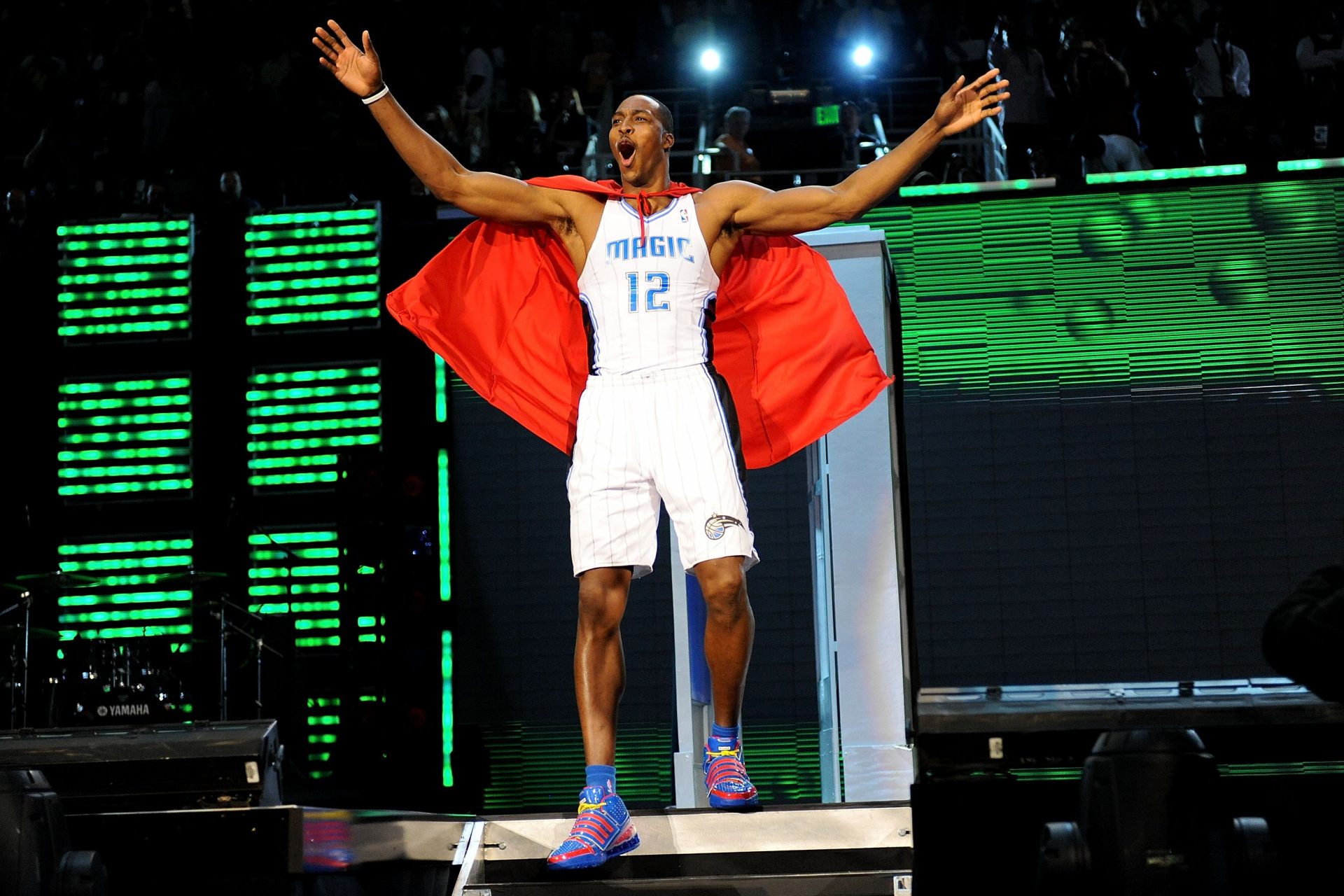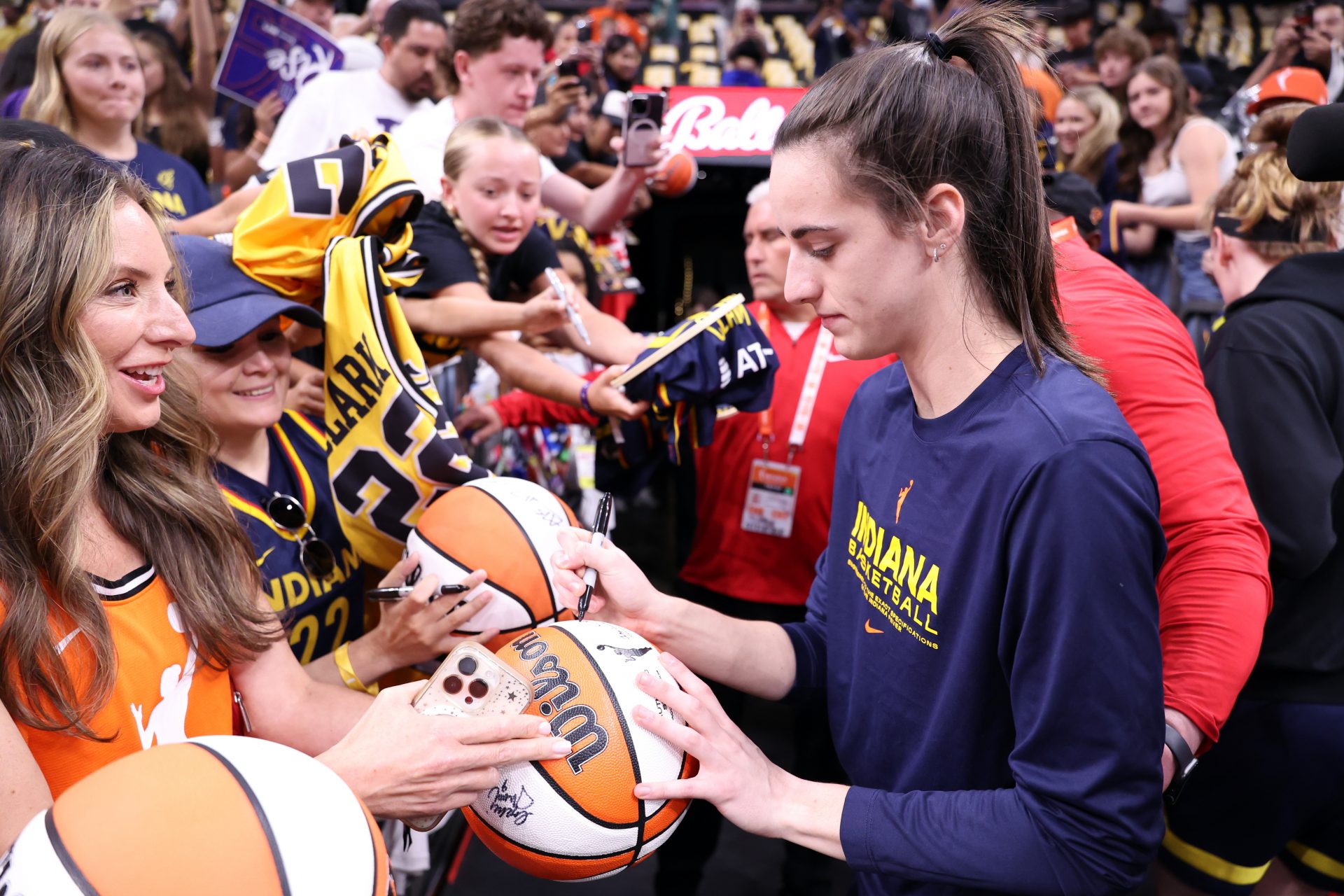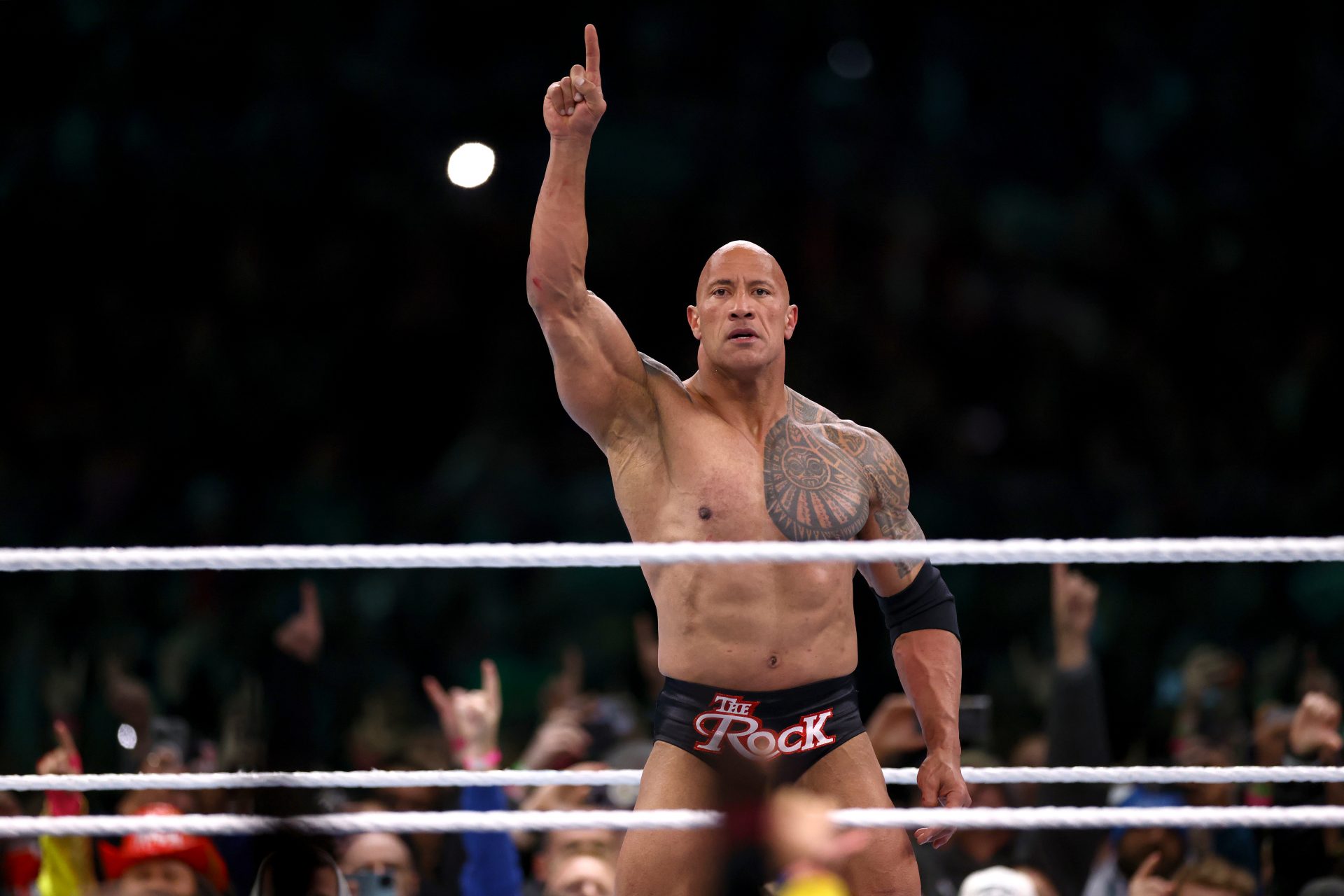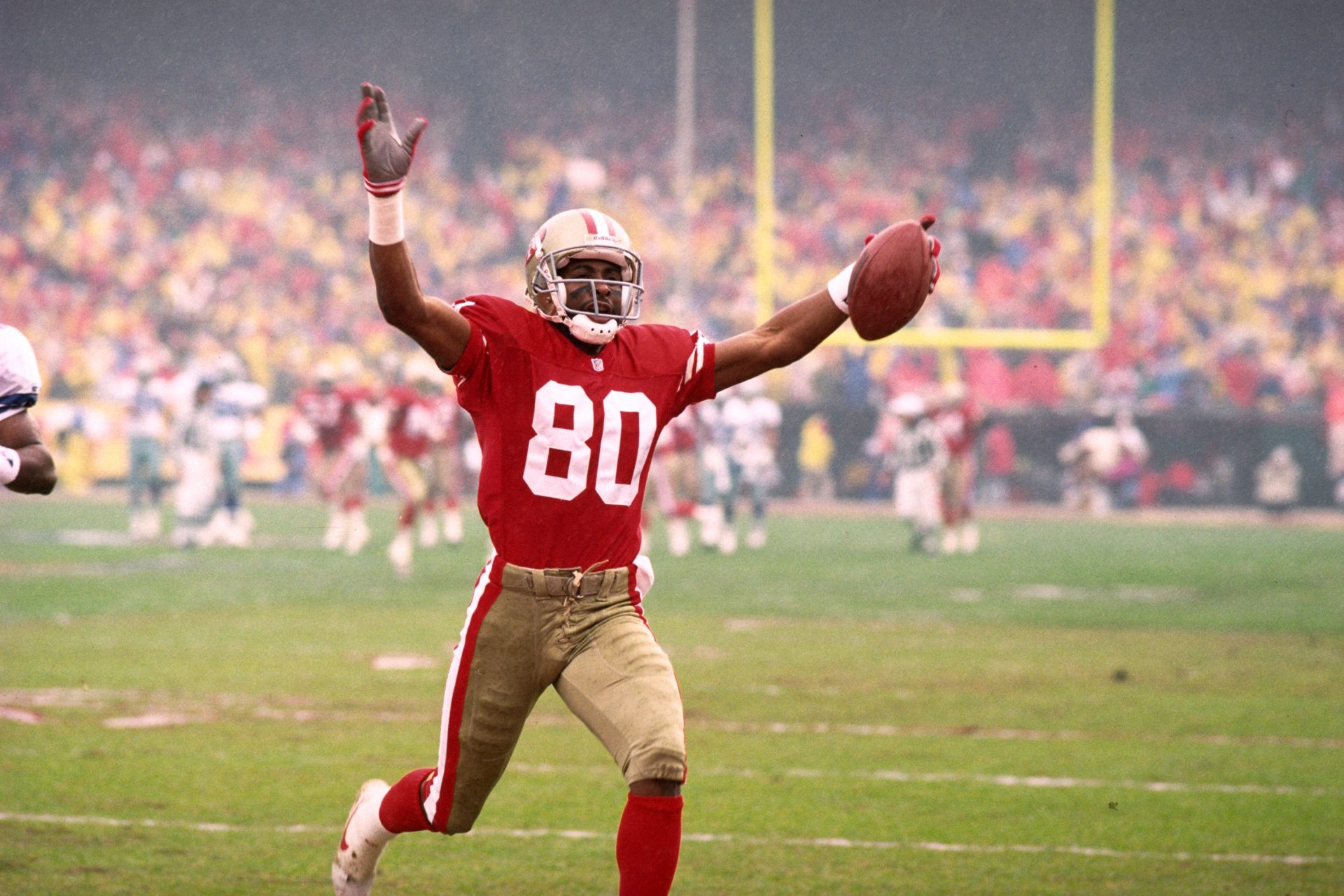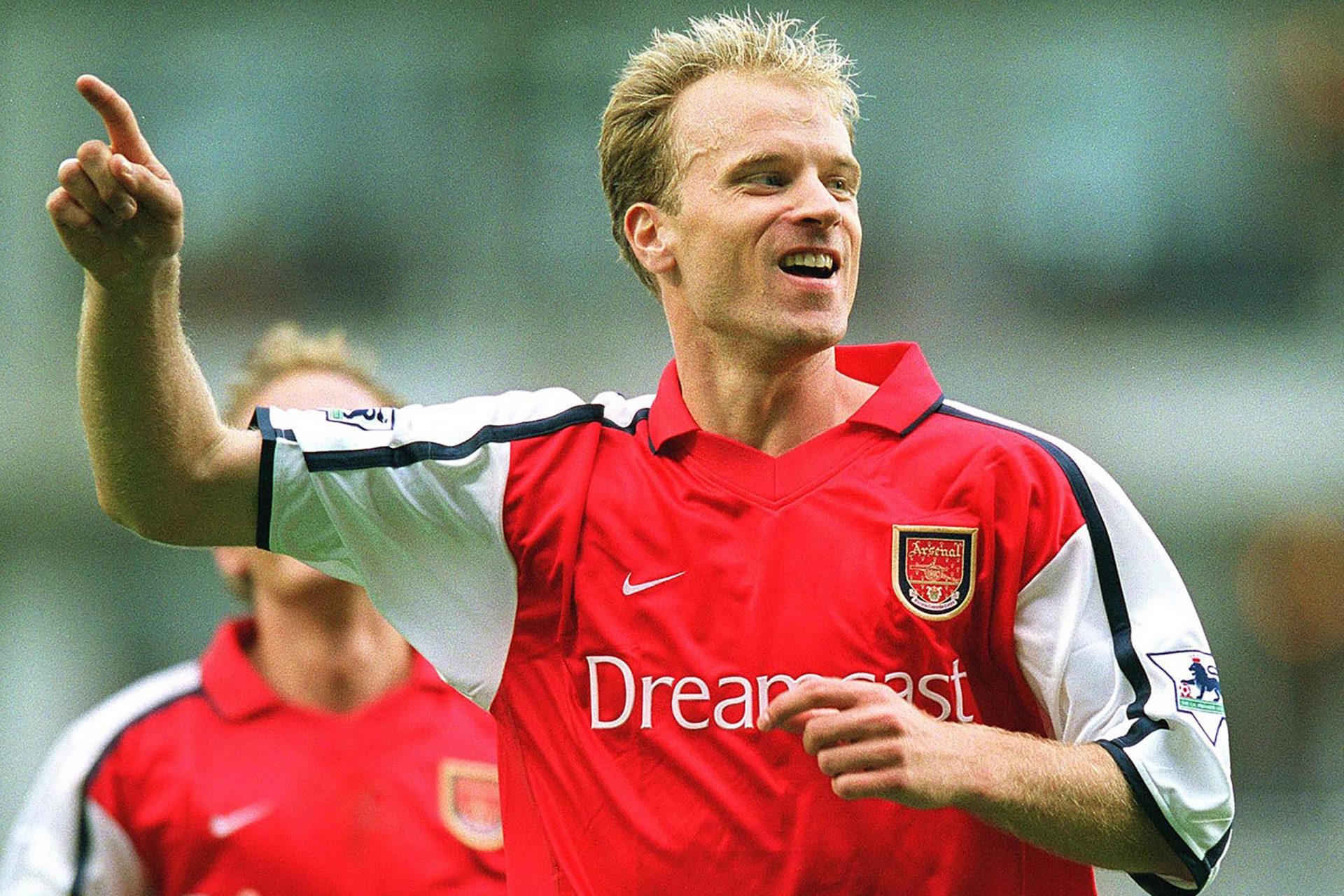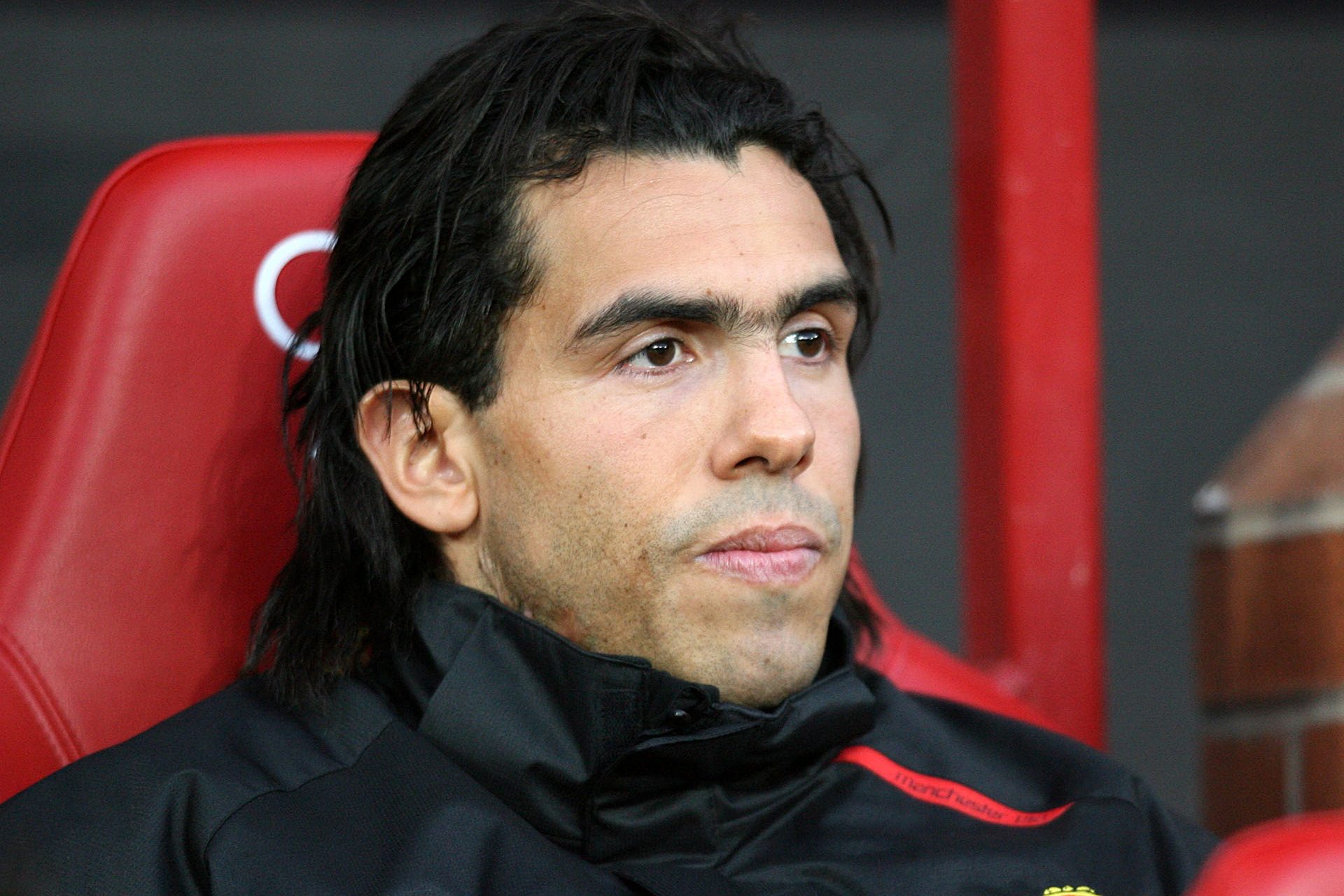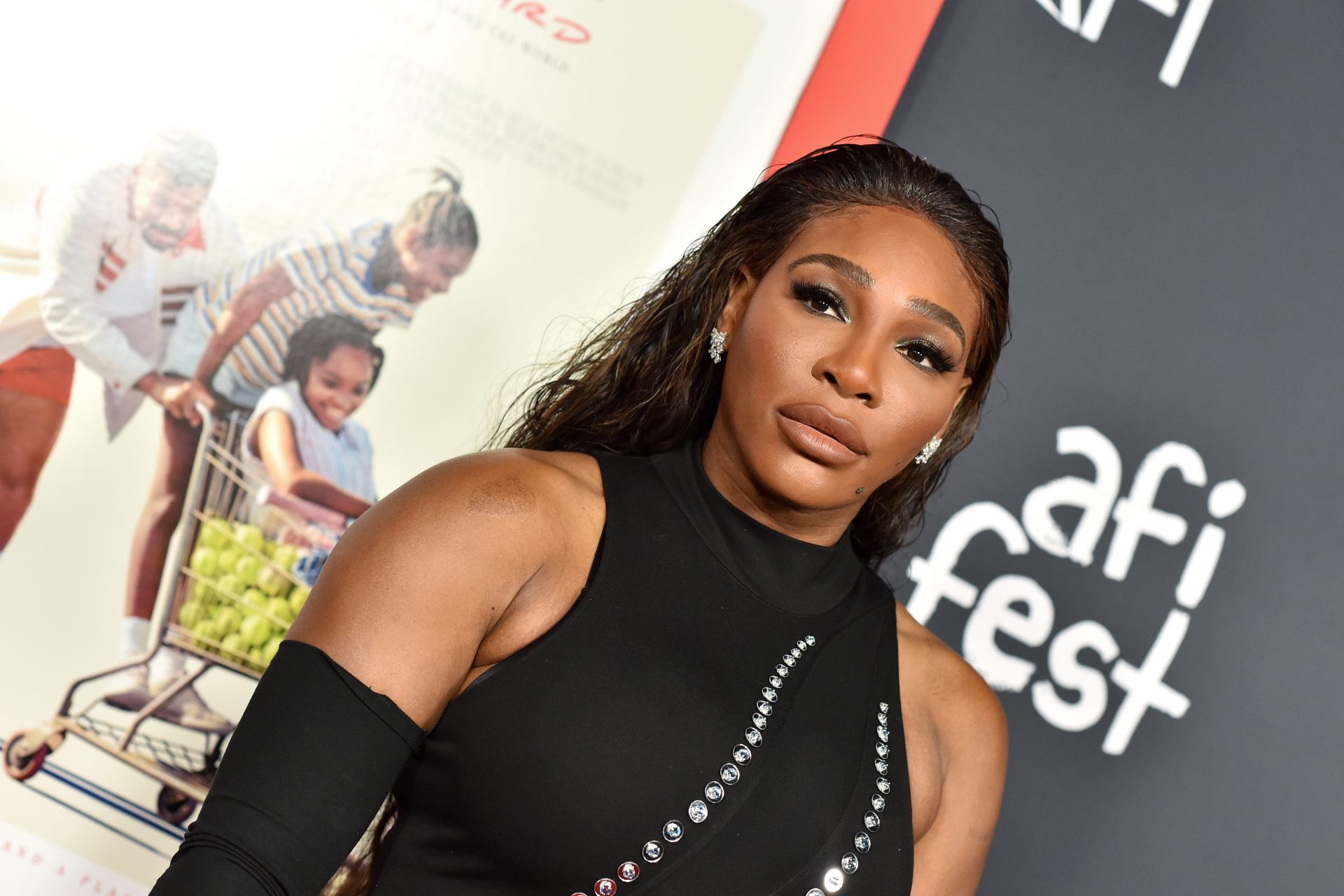Dragged down by demons: The sad story of Simone Biles's shock exit from gymnastics
High-level sports require an almost obsessive dedication and put human beings to the test, physically and mentally. Many athletes have discussed the toll this has taken on them, but few are as compelling as Simone Biles's story. Join us as we examine what happened to Simone Biles and why she decided to withdraw from gymnastics while at the top of her game.
Simone Biles steps out onto the mat but finds it impossible to execute her skills. On the verge of competing for another Olympic medal to add to her amazing record, Simone Biles comments to her coach (and it is heard in the broadcast by everyone): "I can't go up there." She leaves and is out of the final. The world is astonished and perplexed. Later, Simone would explain herself to the press.
The gymnast was completely sincere and open when giving her explanation: “I do not trust myself anymore,” said Biles, fighting back the tears as she met with the world’s media. “I have to focus on my mental health." Biles continued, “Once I step up onto the mat it’s just me and my head, dealing with the demons in my head.”
But what happened to this prodigious gymnast? What kind of demons are in her head? We are talking about a 25-year-old girl who revolutionized artistic gymnastics in terms of style of technique and became a five-time world champion in the process. Three of those titles were consecutive wins – a record that's likely to be upheld for a long time to come.
Even from an early age, life has been far from a dream run for Biles. Both her parents suffered from addiction, and the young girl was raised by her grandparents. Biles discovered rhythmic gymnastics at the age of six and took refuge in the discipline, practising it compulsively on her own. But once her professional career in this sport began, so did the abuse.
Biles is included in the very long list of girls abused by Larry Nassar – a coach who was jailed for 60 years trial for having abused 250 athletes under his care. While Biles was not actively involved in the trial, it was a challenging time for her. Eventually, she spoke up on Twitter about what she had suffered through with Nassar.
Simone Biles said on Twitter in 2018: “Most know me as a happy, giggly, and energetic girl. But lately, I've been feeling broken, and the more I try to shut off the voice in my head, the louder it screams. I am not afraid to tell my story anymore."
The terminology used to tell of her abuse already hinted that Simone Biles had some serious personal problems.
Before going public with her abuse story, Simone Biles was forced to tell the world that she was taking medication because she was diagnosed with Attention Deficit Hyperactivity Disorder. In 2016, hackers made Simone Biles's medical records public and mistook her prescribed ADHD medication as performance-enhancing drug.
Simone Biles's genius for artistic gymnastics is innate. At the age of eight, she was discovered by a coach who was perplexed by seeing such discipline in such a young girl. The coach noticed that Simone was simply imitating what she saw in a gym where she went to spy on girls who did gymnastics.
Aimee Borman (pictured with Simone Biles) has been her coach since she was a child and put her to work hard right away. In fact, she practically stopped going to school and graduated from high school by studying at home.
It is said that Simone Biles, as a child and adolescent, trained up to 32 hours a week. Such exhaustive training left little time for the typical pleasures of childhood.
Simone Biles introduced a different style to artistic gymnastics, athletic energy combined with modernity. It was fresh, innovative style that took her to the Number 1 spot. But competing to always stay on top is, as athletes know, exhausting.
By speaking up, Simone Biles has helped break the taboo on mental health in elite sports. And it is not the only recent case.
This 2021 news broke that tennis player Naomi Osaka (the current world's number 2) withdrew from Roland Garros due to depression. She announced it openly and was applauded, although there were also unfortunate comments from some colleagues who did not understand her position.
Also, swimmer Michael Phelps, one of the most exceptional athletes in history, made public his problems with depression. An ailment against which, to this day, he continues to battle.
The pressure to achieve victory is an element capable of destabilizing anyone. Simone Biles herself has a phrase that sums it up: "Sometimes I feel like I have the weight of the world on my shoulders."
Biles has also argued that sometimes you have to step back and take care of yourself. Among other things, she mentioned the fear of injury – a common occurrence in her sport – is not only painful but can have long-term health implications.
As recently as September 2022, Biles, who has yet to perform since she backed away from the Tokyo Olympics in 2020, told Twitter that was not retired and is "just working on her mental health."
While most pundits believe Bilesis simply on a hiatus, there are currently no signs of a comeback from the greatest gymnast of all time. With the Paris Olympics just one year away, it remains to be seen when we will see her in action again.
More for you
Top Stories






















